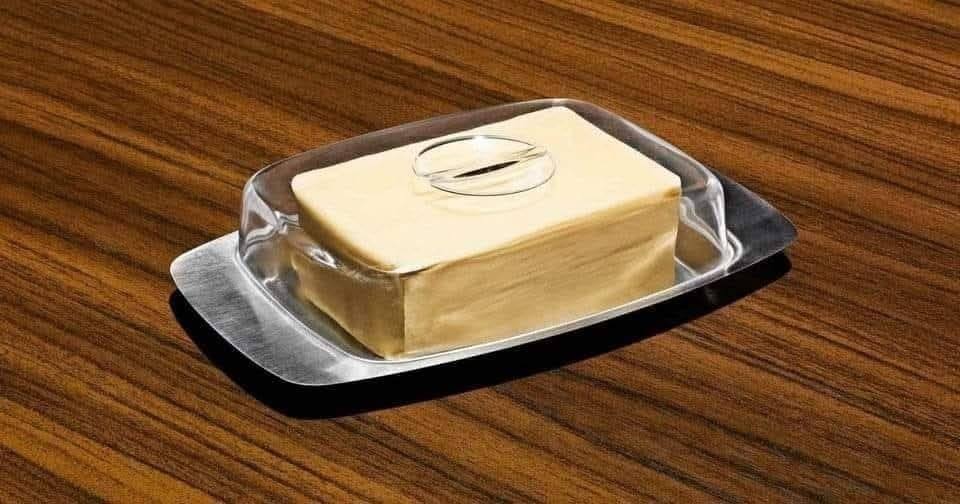Unsalted butter, however, lacks this preservative salt, so it’s more prone to going rancid or developing off-flavors more quickly if left out for too long.
#### Tips for Leaving Butter Out Safely
1. **Use a Butter Dish with a Cover:** Keeping butter covered protects it from dust, insects, and strong odors.
2. **Keep Butter in a Cool, Dark Place:** Avoid placing butter near heat sources or in direct sunlight.
3. **Only Leave Out What You Will Use Soon:** Don’t leave an entire block out for days; cut off a portion and store the rest in the fridge.
4. **Smell and Taste Test:** If butter smells sour, rancid, or off in any way, it’s best to discard it.
5. **Consider Your Climate:** In warmer, humid environments, butter can spoil faster and should be refrigerated.
#### The Science Behind Butter’s Shelf Life
Butter is about 80% fat and 15-18% water, with the remainder being milk solids. The low water content combined with salt (in salted butter) inhibits microbial growth. However, exposure to air can cause oxidation, leading to rancidity—a chemical spoilage that affects taste and smell but doesn’t typically make you sick.
#### Refrigeration vs. Room Temperature
* **Refrigeration:** Keeps butter fresh for weeks to months. Ideal for long-term storage.
* **Room Temperature:** Fine for a day or two for softened butter, especially salted butter. Better for immediate use.
#### Final Thoughts
Leaving butter out on the counter is generally safe for short periods, especially if you follow simple storage tips. If you prefer spreadable butter, try leaving out a small amount in a covered dish while keeping the rest refrigerated. Always trust your senses—if it smells or tastes off, toss it.
With these guidelines, you can enjoy your butter at the perfect consistency while keeping food safety in check!
—
Would you like me to tailor this article for a specific audience or add any recipes that use softened butter?
